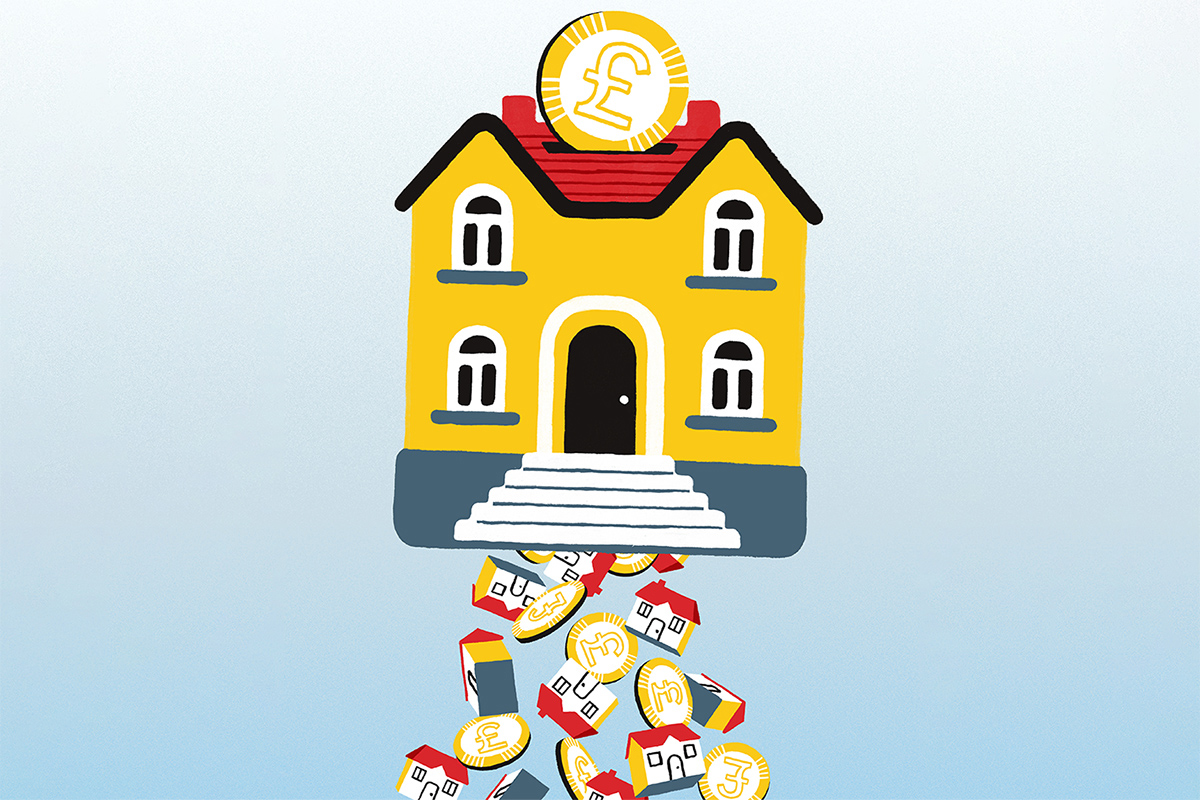You are viewing 1 of your 1 free articles
Why improving services must include tackling stigma
Social landlords must play their part in challenging stigma, writes Steve Moseley, executive group director of governance and transformation at L&Q
Five years ago, stigma was the most consistent theme raised by residents in consultations for the Social Housing Green Paper. Their extensive feedback uncovered a difficult but important truth: stigma around social housing is deeply rooted in many parts of society.
Studies have shown how the prejudice experienced by people living in social housing affects their lives and prospects. In the Stigma and Social Housing in England report, authors Dr Amanze Ejiogu and Dr Mercy Denedo explored how the effects of stigma are far-reaching, negatively impacting people’s mental health and confidence, and reducing their life chances and opportunities.
At its worst, stigma can lead to tragedies like the Grenfell Tower fire and death of Awaab Ishak, both of which serve as permanent reminders for the sector of the importance of listening to residents’ concerns and acting on them.
More than four million households live in social housing in Britain. Yet, all too often they are portrayed as one homogenous group, characterised by negative stereotypes and a national obsession with a so-called ‘benefits culture’.
We can see stigma at play in the choices our politicians make too, from the types of homes we prioritise building, to the policies which govern the welfare system.
Securing respect and understanding for everyone living in social housing starts with hearing the people who call it their home.
“For too long, an exclusive focus on homeownership, together with a chronic undersupply of social homes, has created a perception that social housing is nothing more than a safety net for the most vulnerable”
At L&Q, we have been seeking to amplify resident voices through our ‘I am Social’ campaign, which aims to fight the stigma associated with social housing. By sharing inspirational images and life stories told in their own words, we want to change the narrative and show a more balanced representation of social housing residents and their invaluable contributions to their communities and wider society.
The campaign seeks to demonstrate that there is no ‘one size fits all’ profile for a person living in social housing. It is home to a range of different people from all walks of life and backgrounds, giving millions a stable base that insecure and unaffordable housing cannot. From working adults and young families, to carers, older households, those seeking work and those unable to.
‘I am Social’ demonstrates our belief that social landlords must play their part in challenging stigma and advocating for more social housing. But we must also reflect on our own role in contributing to stigma too, ensuring that our actions go beyond campaigning.
The sector has not historically been good enough at working in partnership with residents. Escaping outdated, paternalistic approaches by involving residents in decisions which affect them at all levels, setting the right culture among our teams, and being able to listen and change when we don’t get things right will only make us stronger.
At L&Q, we’re on a journey to rebalancing our relationships with residents. This involves taking steps to tackle stigma through involving them at every level of our organisation. Our new approach to resident involvement is underpinned by the principle that residents are our partners, and their views and knowledge are fundamental to our success. You can read more about this in our A Partnership of Equals report.
“Securing respect and understanding for everyone living in social housing starts with hearing the people who call it their home”
We must also acknowledge that the quality of our homes has not been good enough and a rebalancing of relationships must go hand in hand with an ongoing and significant investment to create the safe, decent homes residents should expect.
Stigma is a complex and entrenched problem to solve, but for too long, an exclusive focus on homeownership, together with a chronic undersupply of social homes, has created a perception that social housing is nothing more than a safety net for the most vulnerable. It doesn’t have to be this way. A world where the media, politicians and housing providers recognise the value of every social home, and the contribution those living in them make to society, is a world where different choices can be made.
With a general election around the corner, now is a time when this conversation – and the voice of residents – really matter. Stigma has a material impact, both socially and when it comes to the drafting of policy, such as welfare reforms or the funding of new social homes.
Housing providers need to do everything we can to work with residents to focus hearts and minds on this important issue. If we don’t challenge this narrative of housing winners and losers, we’ll not only fail to stop stigma, but we’ll also be complicit in its continuation.
Sign up for the IH long read bulletin
Already have an account? Click here to manage your newsletters













